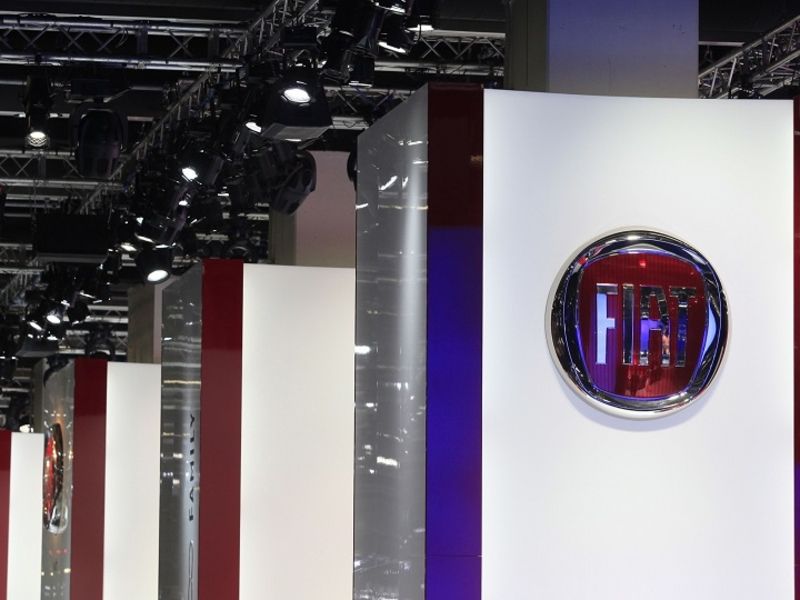
FRANKFURT — German prosecutors on Wednesday said they were searching offices as part of an international fraud investigation into potentially illegal emissions cheating defeat devices found in engines used in Fiat, Alfa Romeo, Jeep and Iveco vehicles.
A Fiat Chrysler spokesman said a number of the group’s offices in Europe were visited by investigators in the context of a request for assistance by magistrates in Germany, adding it was cooperating fully with authorities.
The searches in Germany, Italy and Switzerland focus on individuals at an international automotive company and an international commercial vehicle manufacturer, the Frankfurt prosecutor’s office said in a statement, without naming the companies.
In a similar emailed statement, CNH Industrial confirmed that a number of its offices in Europe have been visited by investigators after a request by German magistrates and that it was cooperating fully with authorities.
FCA and CNH Industrial are both controlled by Exor , the holding company of Italy’s Agnelli family.
Potentially illegal software has been detected in Multijet engines used in Alfa Romeo, Jeep and Fiat cars as well as in commercial diesel engines used in Iveco and Fiat commercial vehicles, the Frankfurt prosecutor’s office said in a statement on Wednesday.
Although these cars passed pollution tests in a laboratory, the cars used software to largely switch off exhaust emissions filtering while driving on the road.
Prosecutors say more than 200,000 vehicles are affected in Germany alone.
They said the Fiat engine range suspected of carrying a defeat device is the “Family B,” which includes the 1,3l Multijet, 1,6l Multijet and 2,0l Multijet of the EU5 and EU6 emission classes used in Alfa, Fiat and Jeep vehicles.
The commercial vehicle engines 110 Multijet F1AE3481G, 115 Multijet 250A1000, 150 Multijet F1AE3481D and 180 Multijet F1CE3481E are also part of the probe, according to the statement.
The investigation, which is coordinated by EUROJUST, focuses on nine individuals living in Italy and their activities between 2014 to 2019, the prosecutor’s office said.
The searches took place in the German states of Hesse and Baden-Wuerttemberg and the Italian region of Piedmont. Unspecified sites in Switzerland were also raided.
Bloomberg contributed to this report